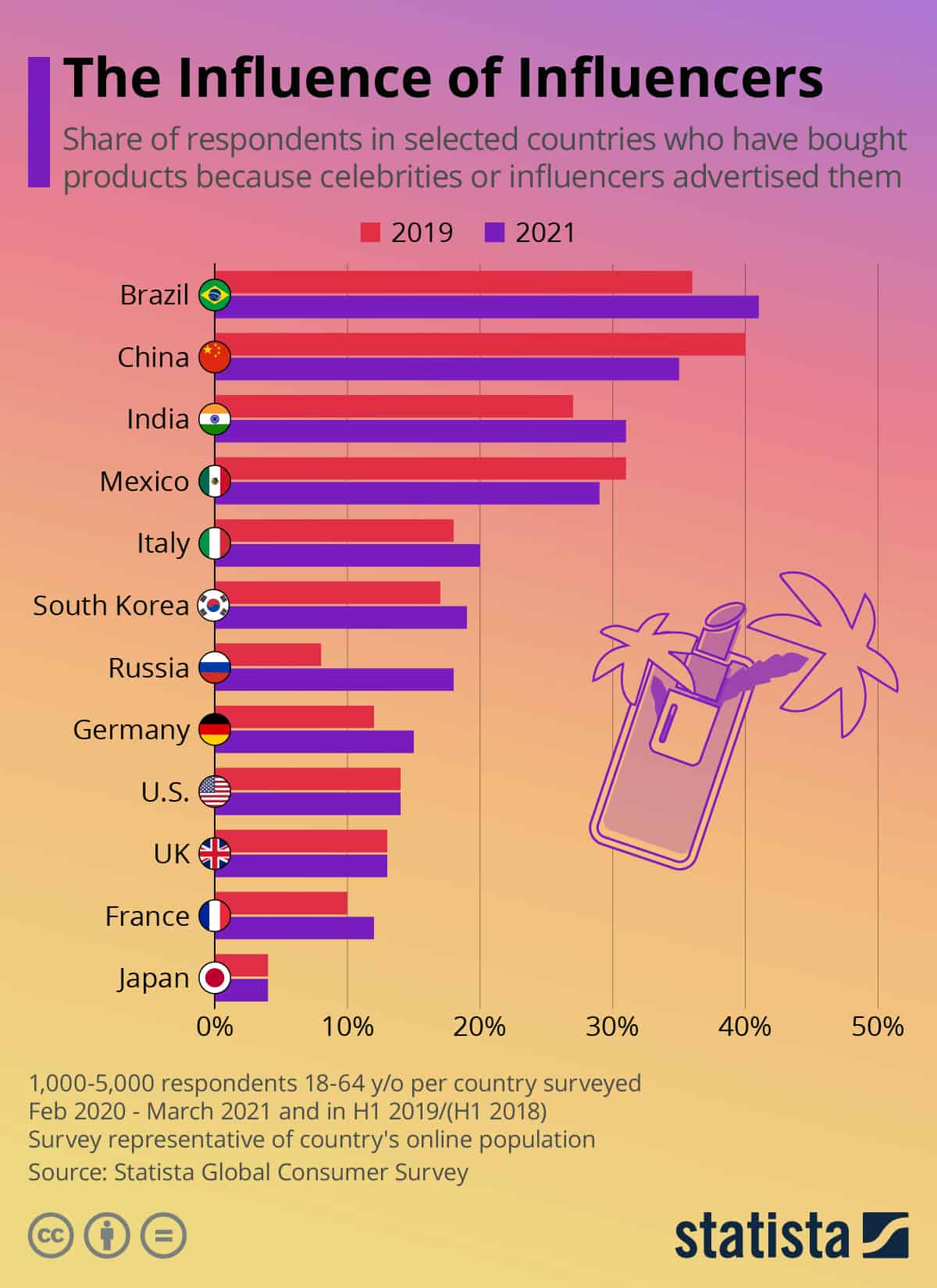
The 2018 PyeongChang Winter Olympics are winding down, but this year’s Games have brought exciting events and athletes with captivating storylines to your television screen.
While most fans of the Olympics focus only on the sports, the inner workings of the Games from budget to security can be just as interesting. Did you know that the PyeongChang Games will cost $13 billion? Despite that staggering figure, it’s still four times less money than the previous 2014 Sochi Game. After all, any event as big as the Olympics will have a huge impact on the economy, media, and environment in addition to sports.
Security is tight at the PyeongChang Games. About $18.4 million has been spent on X-ray screening, and $1.2 million will be spent on cybersecurity by the time it’s all said and done. Meanwhile, 5,000 South Korean military service members are present along with 13,000 police officers. On top of that, the United States has sent 200 of their own security members and many other nations have probably done the same. It’s clear that security is paramount to the host and participating nations of the Games.
Because so many people tune in, the Olympic Games are a moneymaker for TV networks. NBC has exclusive Olympic broadcasting rights through 2032, and who can blame them? It’s projected that NBC will rake in $900 million in ad revenue from the PyeongChang games alone.
The Olympics are about more than sports. They facilitate a coming together of countries, stimulate economic activity and continue a storied tradition. Who are the Olympians of tomorrow? Could it be your own child? If your child does turn out to be a star athlete, you’d probably want them to have good sportsmanship and represent their country well. Here’s what parents can do to help their kids play fairly.





